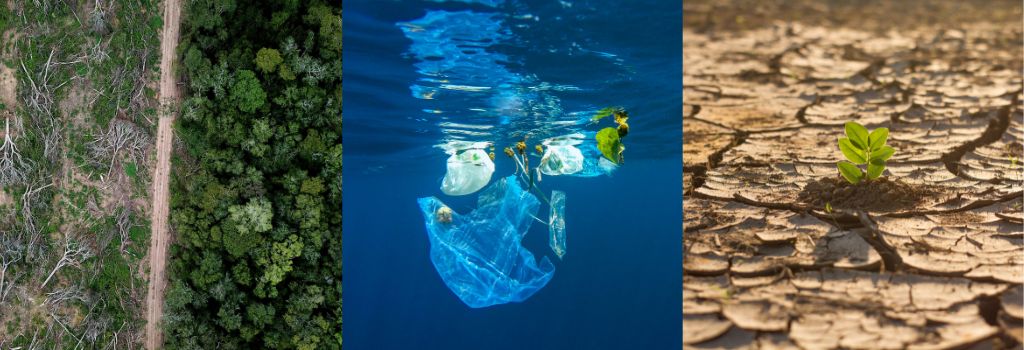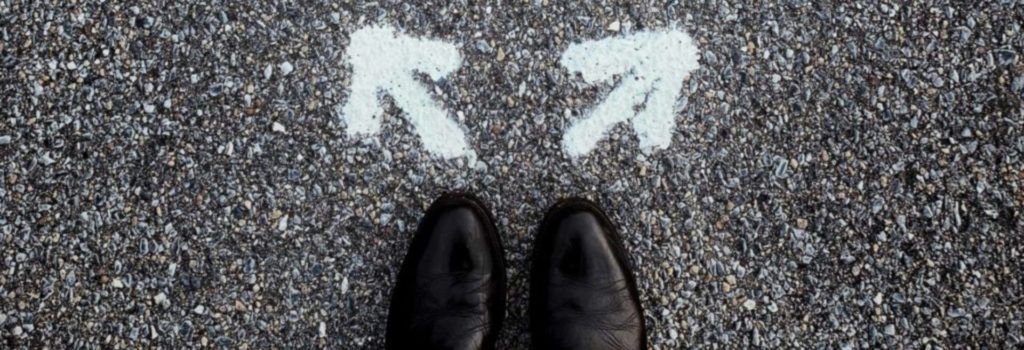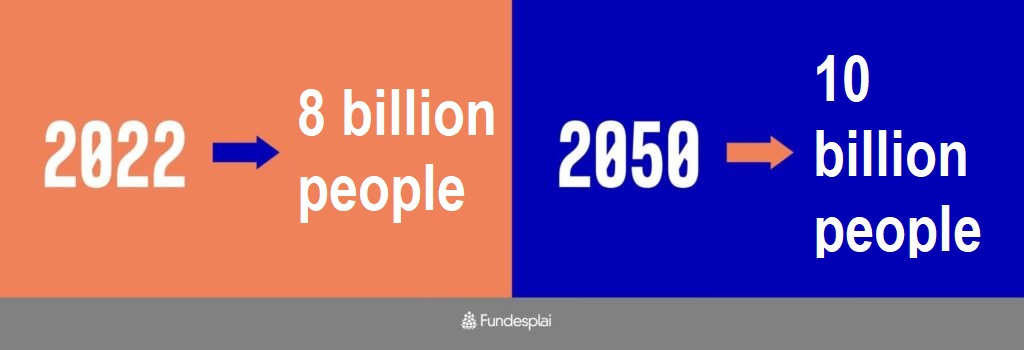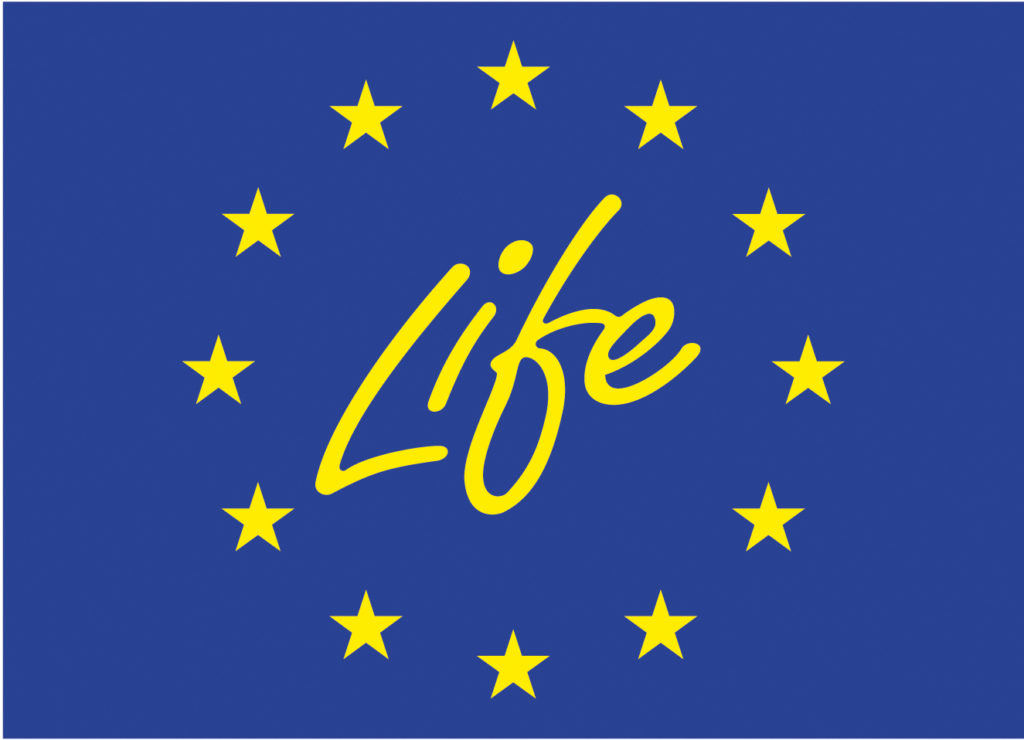
Have you ever heard of “Futures Literacy”? To what extent do the food choices you make every day have consequences for the future of the planet?
WHAT IS “FUTURES LITERACY”?
When we decide to carry an umbrella in the morning because we think it will rain later and we don’t want to get wet, we are using the future to make decisions in the present.
Futures Literacy or knowledge of the (possible) futures is the ability to identify and understand the anticipation mechanisms available to us and use them to innovate in the present time.
Similarly, the 2030 Agenda, which contains the 17 Sustainable Development Goals (SDGs) is precisely a shared plan for a prosperous future for people and the planet. Therefore, it consits in a created image of a desired future that shapes our actions and choices in the present.

Futures Literacy is disseminated internationally since 2013 through the Futures Literacy Labs (FLL methodology developed by Professor Riel Miller, Head of Foresight at UNESCO.
FLL seek to analyse how people use anticipatory assumptions to create different images of the future, highlighting how the latter affect people’s perceptions and decisions in the present. Understanding how these ideas and images of the future influence how people act in the present is the key to innovation.
So, contrary to what might be assumed, the object of Futures Literacy’s research is not predictions about the future but the plurality of ideas and images that people have about the future. Only by questioning and deconstructing our assumptions about the future can we imagine and create truly disruptive futures.
The ability to “use the future” is a skill that can be acquired and practised and allows people to better understand the role of the future in their present.
We can have more tools for the future if we consider that:
- The future does not yet exist; it can only be imagined.
- We, humans, have the capacity to imagine.
As a result of these two conditions, we humans can imagine the future in different ways and thus be more prepared for adversity. Imagining different possible futures and having the tools to analyse them in depth can help us make decisions to innovate in the present.
If you want to learn more about Futures Literacy, watch this interview with Rámila Zadeh, an innovation expert.
THE IMPACT OF FOOD ON THE FUTURE
We are now in a new geological era known as the Anthropocene, where the human footprint on the planet is unsustainable. Some environmental processes, such as climate change, biodiversity loss, land use and biogeochemical cycles, are past their safety boundaries.
How and what we eat are among the main causes of C02 emissions, deforestation and biodiversity loss. Our food system is also one of the factors responsible for the fact that the seas are drained of life and filled with plastics, and even for some people’s illnesses.
How we produce, distribute and consume food has a huge impact on the planet and will directly determine its possible futures. If we are exploiting the Earth beyond its capacity in order to feed 8 billion people, what will be the impact in 2050 when we must feed 10 billion?

But we must not look to the future with despondency or fear. It is true that the food system is complex and involves many actors, both locally and internationally, but, as individuals, we can help make a difference and have a positive impact on the future of our planet.
In fact, we make about 200 decisions related to food every day. Can you imagine how much we could change with each decision? Let’s have “eco-hope” and change the catastrophist scenarios for more sustainable futures by changing what we eat. But to make these decisions and change our eating habits, first of all, we have to consider what future or possible futures we want. There is no single path to the futures we envision. In fact, there are a lot of solutions.
One of these solutions, proposed by a commission of scientists from The Lancet, is the so-called “planetary diet“.
In general terms, the planetary diet promotes a reduction in the intake of animal protein and unhealthy foods, such as salt, sugar and ultra-processed products. It also proposes doubling the consumption of vegetables, fruit, pulses and nuts, prioritising local, seasonal and wholemeal products.
If you want to know more about the planetary diet proposal, read the article “Planetary diet or how to eat taking care of the planet“.
Come visit the Menja, Actua, Impacta [Eat, Act, Impact] exhibition to learn more about how our eating can change the future of the planet.

